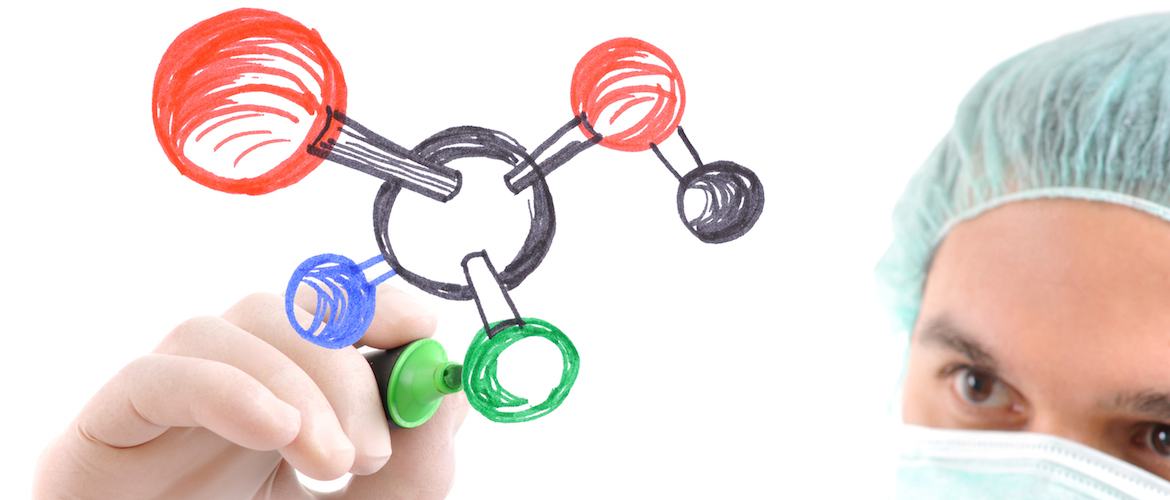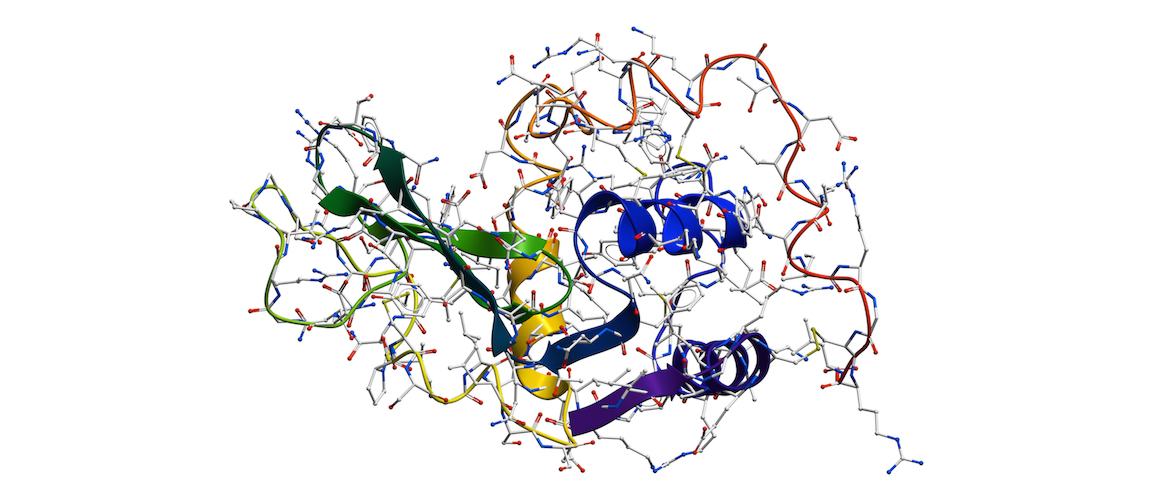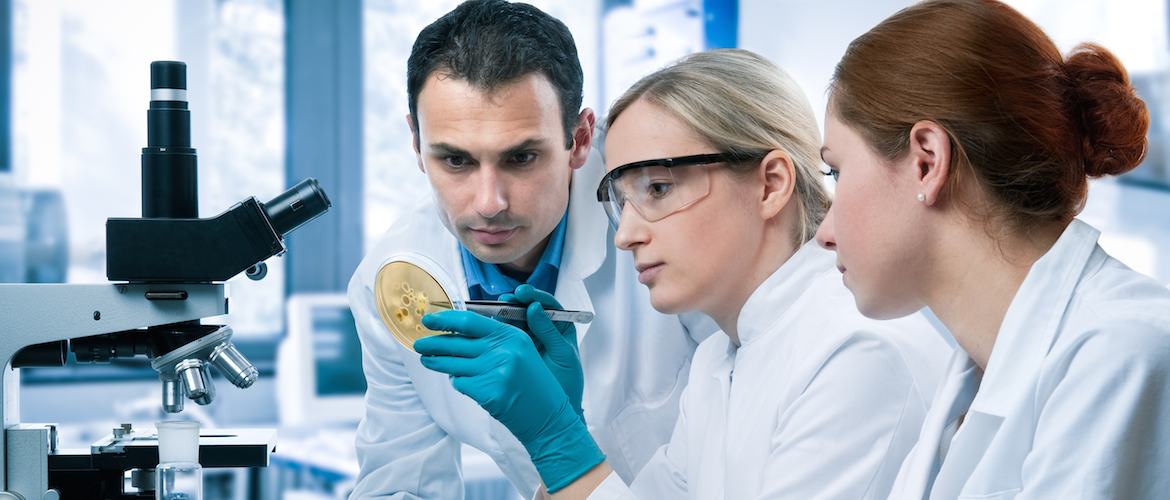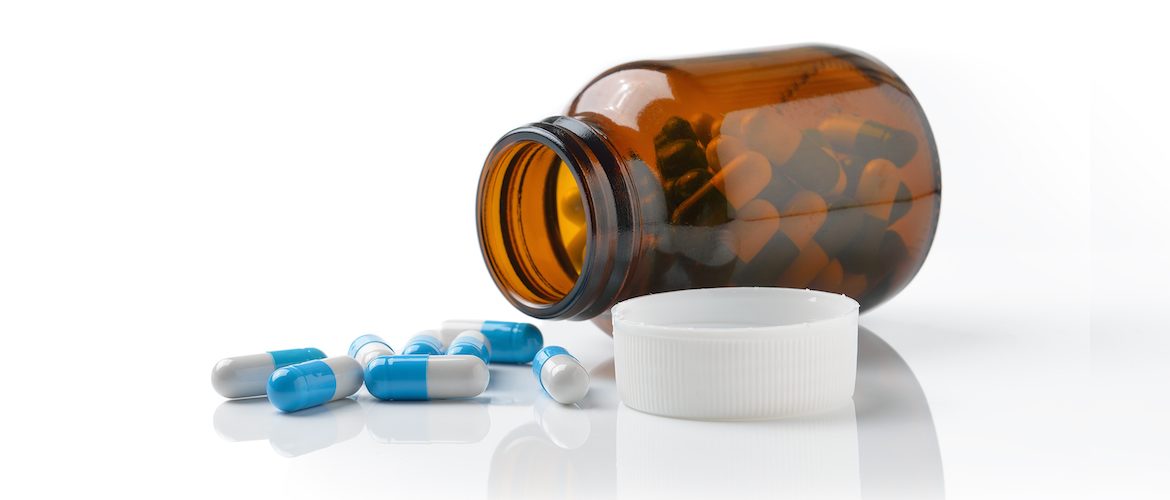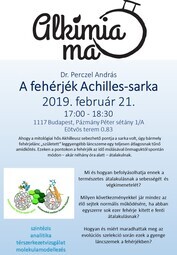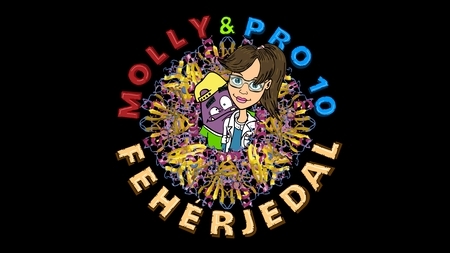Introduction
The MedInProt Protein Science Research Synergy Program (MedInProt) is a unique niche initiative in Hungary which aims to:
- link different protein science disciplines
- organize and strengthen their network
- achieve competitive collaboration
- catalyze synergy among specialities
- support recognized researchers' co-operation
The objective of the program, which is financed by the Hungarian Academy of Sciences, is to foster cooperation among a number of universities: the Eötvös Loránd University, the Budapest University of Technology and Economy, the Semmelweis University and the Hungarian Academy of Sciences Research Center for Natural Sciences. 20th May 2014 marked the inaugural conference of the MedInProt Program, whose president is Dr András Perczel.
The first phase of the program (2014 - 2015) was concerned with research into the fields of protein science. We will support some researcher to buy small and medium-sized equipment, and will finance them a measure of computer time.
MedInProt's remit includes the organisation and support of conferences and courses and the establishment of an MSc program in English. In addition, the program will be involved in setting up a troubleshooting hotline, and the purchase and translation of books relating to the field of protein science.
Events
Recent
More Recent EventsNews
Szent-Györgyi Lecture: Modern electron microscopy at multiple scales 2019-05-15
Modern electron microscopy at multiple scales (abstract, picture)
Irene Wacker: Imaging systems at the nanoscale - from cells and tissues to 3D-printed metamaterials
Prof. Rasmus Schröder: Macromolecular imaging - past, present, future
June 7. 2019, 1 p.m., MTA TTK
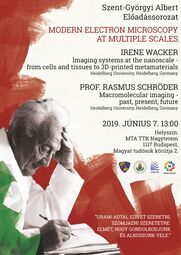
and Krio-EM mini conference:
László Buday: Complex formation of Tks4 scaffold protein with its binding partners
Scaffold proteins modulate signalling in cells via bringing regulatory proteins or enzymes in close proximity. Based on the structure of Tks4 scaffold protein, it seems to be capable of binding several protein partners. In the project, we wish to determine the 3D structure of Tks4 in complex with its binding partners.
András Szöllősi: Structure of TRPM2 cation channel from Nematostella vectensis
Transient Receptor Potential Melastatin 2 (TRPM2) is a non-selective cation channel important for the immune response, insulin secretion, and body temperature control. TRPM2 is activated by cytosolic Ca2+, phosphatidyl-inositol-4,5-bisphosphate and ADP ribose. Here, we present the ~3 Å resolution electron cryo-microscopic structure of TRPM2 from Nematostella vectensis, 63% similar in sequence to human TRPM2, in the Ca2+-bound closed state.
Bianka Farkas : Using cryo-EM maps to determine protein transmembrane regions
In order to understand transmembrane protein function and to develop novel therapies targeting diseases associated with these proteins, it is crucial to define the localization of transmembrane regions. Experimental data on the boundaries of membrane embedded regions is sparse, but now this information is present in cryo-electron microscopy (cryo-EM) density maps. Therefore, we developed a computational pipeline, which provides the first, atomic resolution experimental data set on transmembrane regions extracted from cryo-EM maps.
Zoltán Gáspári: Interaction networks of postsynaptic proteins
The postsynaptic density (PSD) is a dense protein network capable of dynamic reorganization, playing a key role in the molecular processes of learning and memory. Our aim is to decipher the partners and the interdependence between various interactions of selected PSD proteins by investigating the structure and dynamics of some key proteins and their complexes. We currently primarily use NMR spectroscopy but, depending on the properties of the proteins and complexes, we plan to apply other methods where appropriate.
Zoltán Urbányi: Structural characteritaion of the active pharmaceutical ingredients of biopharmaceuticals
In the case of both novel and biosimilar biopharmaceutical the detailed structural characterization is a regulatory requirement. This characterization can be performed by using an arsenal of different orthogonal methods as X-ray diffraction, NMR, FT-IR, CD, HDX-MS etc. All of these methods have limitation to determine the exact structure of proteins in solvent phase. Cryo-EM may provide a kind of solutions for the problem of correct structural determination and comparison.
András Málnási-Csizmadia: Drug development targeting myosin
Cryo-EM Workshop 2018-12-18
MEDInPROT and JEOL Workshop on Cryo-Electron Microscopy
10th of January 2019. Thursday
ELTE TTK 1117 Budapest, Pázmány Péter sétány 1/a, 1.71 Pócza Jenő room
10:30 Welcome by Prof. András Perczel
10:35 Short introduction of electron microscopy by Guillaume Lathus
10:45 Cryo-EM in Biology by Emanuel Katzmann PhD
Cryo-electron microscopy (cryo-EM) has taken enormous flight in recent years and has gained an enormous momentum resulting in the award for the Nobel Prize in Chemistry. Atomic level structural analysis of viruses and proteins derived by cryo-EM requires high stability hardware and software. JEOL proudly announces its latest offering in cryo-TEMs to facilitate this development in cryo-EM.
11:40 Cryo-EM in Material Science by Guillaume Brunetti PhD
The development and subsequent application of new materials depends on a fundamental understanding of their structure and properties, and the bonding between atoms. Microstructural information and surface/bulk chemical analyses are readily obtained from these instruments with absolutely state-of-the-art results.
12:40 Coffee break
13:00 Tomography by Sylvain Trépout, PhD
Introduction of Electron Tomography: a combination of cryogenic techniques for specimen preparation, electron microscopy for data collection, and tomographic reconstruction techniques for visualization in three dimensions.
14:00 Cryo-EM in practice by Guillaume Brunetti and Emanuel Katzmann
Cryo-EM in practice, tips and hints for users
14:40 Quiz
15:00 Lunch
For registration please send an email to medinprot@chem.elte.hu with the subject ‘Cryo-EM 10th of January 2019.’ until the 28th of December.
Merry Christmas and Happy New Year! 2018-12-12


